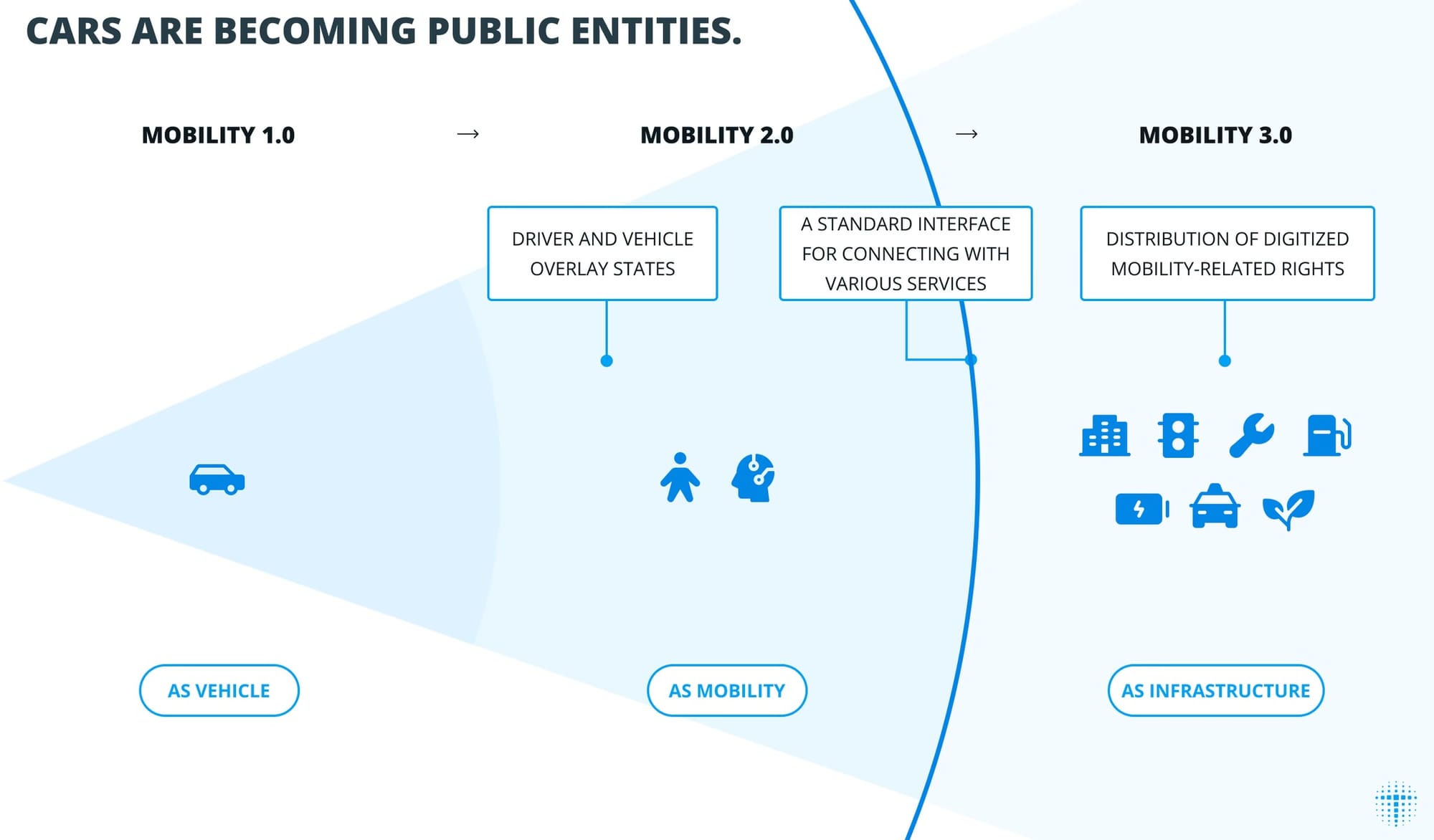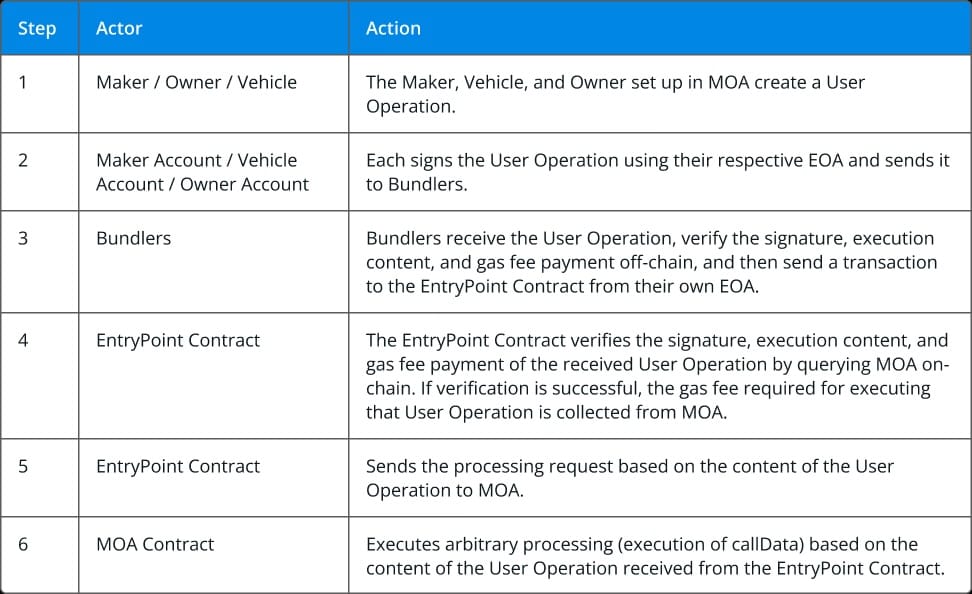Table of Contents
Japanese car giant Toyota is considering using the Ethereum blockchain in its vehicles.
The move comes as part of Toyota's Mobility 3.0 concept, in which Toyota's Blockchain Lab is working on using the blockchain to manage cars as digital accounts.

Toyota Blockchain Labs emphasised that mobility is recognized by integrating various information including "vehicle type, colour, license plate, emblem, driving style, and driver’s expression."
Representing mobility instead requires "an overlay of the states of both the driver and the vehicle," the firm said in a blog post.
By interpreting mobility as a smart account on the blockchain, Toyota says programmability will be improved by overlaying the states of both the driver and the vehicle.

Additionally, digitally, a standard interface will connect to various services, and tokenizing rights turn a car into a service entity. Toyota is calling this "Mobility as a Service (MOA)."
"The most extreme scenario suggested by these features is fully autonomous driving in the future. Autonomous mobility, which no longer requires human operation, can function as a completely independent service entity, with all rights being handled in the on-chain world," Toyota explained.
Ethereum Only
Creating a blockchain account for a car would usually involve storing the private key of an Externally Owned Account (EOA) in it. However, Toyota says this could cause an issue "if the private key is lost due to a failure of the in-car device, the account is lost" and that EOAs have "limited functionality on the blockchain" which requires "other contracts to manage information about the car."
Instead, Toyota plans to deploy contracts that comply with ERC-4337, allowing for configurable permissions for each contract call. This setup enables multiple stakeholders to manage and control car operations through a KeyToken Contract, which represents various permissions related to vehicle usage 4.
"Abstraction separates the authentication process from key management, ensuring that the account itself is retained even if the private key is lost. This enables safer and more flexible account management," Toyota states.

Toyota also envisions using Ethereum to express car access as NFTs tied to their MOA framework. This allows for the digital handling of "usage rights," making it easier to implement services such as car sharing, vehicle access, usage rights, and delivery. The overall goal is to integrate mobility with social systems, creating a more transparent and accessible transportation infrastructure.
Ethereum's community is also regarded as a valuable asset by Toyota. "We are excited about new proposals from the Ethereum community, including EIP-7702. While there are many challenges to the mass adoption of practical smart accounts, we are pleased to contribute to their use cases as a mobility company," Toyota said.











